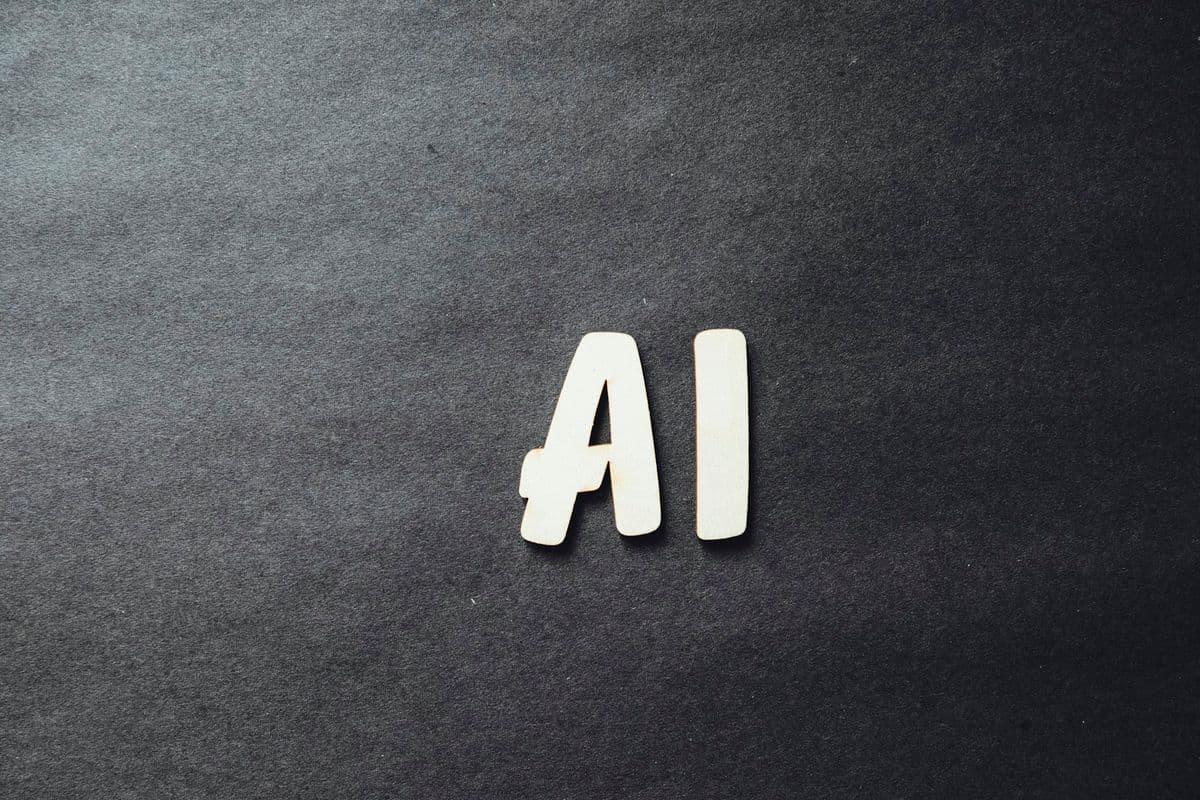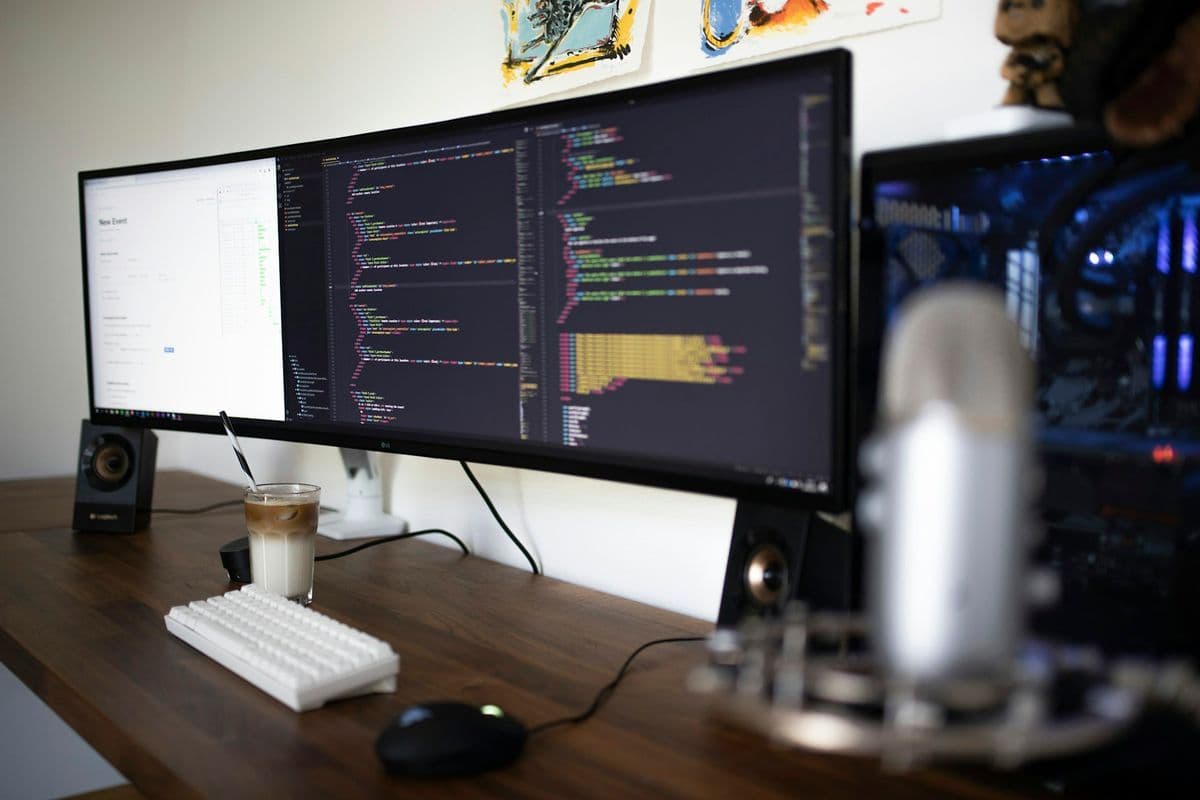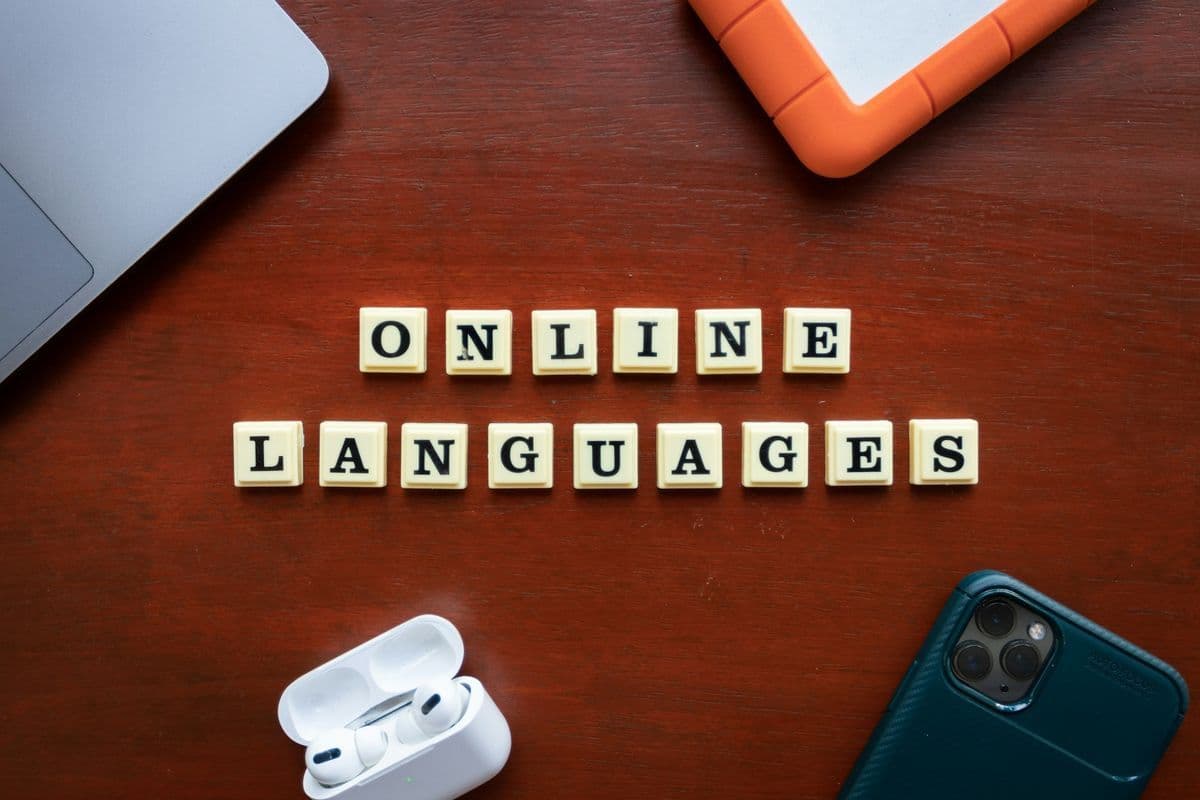AI assistants have come a long way. Tools like Claude and ChatGPT have become essential, they're reshaping how we work, think, and create. From drafting blog posts and debugging code to brainstorming product ideas, these models have quietly slipped into the heart of modern workflows.
Each new version brings notable improvements, with users on platforms like Reddit eagerly discussing and comparing their evolving capabilities.
What's really fascinating is how distinct these tools are, despite their shared goal of helping you work smarter. Some swear by Claude's knack for in-depth reasoning, while others can't get enough of ChatGPT's versatility and creative spark.
The real focus here is finding the right fit for your specific needs. Whether accuracy, speed, or a touch of creativity tops your list, understanding these differences can save you a ton of time and guesswork.
This comparison focuses on real-world testing; how these AI models perform under pressure, in the tasks that actually matter.
Because let's face it: at the end of the day, tools are only as good as the results they deliver.
Core Capabilities and Use Cases
When it comes to coding and writing, Claude and ChatGPT bring distinct strengths to the table, making them valuable in different scenarios.
For coding, both excel at generating functional code and providing debugging support. Many developers report that Claude handles complex projects effectively, particularly when dealing with tasks that require careful context management. While both models have context limitations, Claude's approach to maintaining consistency across segments of larger projects has earned praise from many developers.
Meanwhile, ChatGPT is a powerhouse for rapid prototyping. It's quick, flexible, and offers multiple solution suggestions, which can be invaluable for startups wanting to test ideas fast. Both models offer debugging capabilities that vary based on the specific task and prompt structure. Think of Claude as the perfectionist, ChatGPT as the efficient multitasker.
In writing, the differences are just as clear. ChatGPT delivers fast and imaginative drafts. Whether you need creative ad copy or quick brainstorming for a pitch deck, it's tough to match its speed and flexibility.
Based on community discussions, both models excel in different writing scenarios, with Claude often praised for its detailed analysis, ChatGPT for its creative versatility.
Both models have improved significantly over time, driven by real-world feedback.
For an in-depth analysis of how they compare, explore our comprehensive comparison of Claude and ChatGPT.
These tools continue to evolve as partners in productivity. Whether you're coding or creating, choosing the right one could be the advantage your startup needs.
Multimodal and Specialized Features
ChatGPT and Claude both shine in specialized tasks, each catering to a particular kind of workflow.
If you're working with visuals, ChatGPT takes the crown. Its integration with DALL·E 3 allows users to generate context-aware images directly within the chat interface, everything from product shots to social media graphics is covered. The platform's expanding multimedia capabilities make it a powerful ally for startups needing quick, creative visual content.
The multimedia capabilities are a dream for those looking to blend creativity with efficiency.
Claude focuses on analyzing graphics with precision, offering detailed interpretations of visual content. Its image analysis tools shine in scenarios where precision is critical.
If your workflow demands detailed interpretation over creation, Claude is a solid choice.
Now, voice interaction. ChatGPT's natural voice chat feels intuitive and creative, making it ideal for brainstorming sessions or personal assistance. That said, users sometimes report interruptions, which can be a speed bump when you're mid-thought.
Claude compensates with its extended context window, offering more detailed, thorough engagement within each conversation. The experience feels like having a collaborator who remembers every detail, providing continuity and depth throughout long exchanges.
Innovation or refinement; what's your priority? In short, ChatGPT dominates in multimedia and creative versatility. Claude focuses on precision and deep contextual understanding. For a deeper dive into what sets conversational AI apart from generative AI, explore our breakdown of conversational vs. generative AI. The right pick depends entirely on your needs.
User Experience and Interface
When it comes to user experience, both Claude and ChatGPT bring unique strengths to the table, catering to different workflows and user preferences.
Claude's web interface features a clean, focused design that prioritizes clear communication and detailed responses. The platform's live code previews and GitHub integration make it particularly valuable for tech-savvy teams juggling complex projects that demand granular detail.
On mobile, Claude supports file uploads and even image analysis, making it a versatile choice for on-the-go collaboration. Its ability to handle up to 200,000 tokens is a lifesaver for startups managing long, context-heavy conversations or complex tasks, something users frequently praise when they need a sophisticated partner for detailed problem-solving.
ChatGPT leans more toward simplicity and flexibility in its approach. Its clean web interface feels intuitive, with multimodal capabilities like image generation and voice interactions elevating the experience. Whether you're hopping onto its mobile app or desktop version, it's a smooth, cohesive transition, perfect for teams that value efficiency.
ChatGPT keeps interactions focused and efficient, excelling at quick queries or generating creative content. Its extensive plugin ecosystem enhances its appeal, especially for startups working on varied, high-tempo use cases.
Startups often describe Claude as a reliable collaborator for complex, ongoing projects. ChatGPT gets the nod for creative brainstorming and fast prototyping.
It's less about which tool is better and more about what fits your rhythm.
Technical Privacy and Cost Factors
Claude stands out with its massive 200,000-token context window, which significantly benefits startups handling complex, context-heavy tasks. For pricing, Claude’s API offers competitive rates that scale with usage, making it a cost-effective choice for startups watching their budget.
Privacy-conscious developers will appreciate Claude’s opt-in data usage policy, ensuring your project’s sensitive data isn’t used for training unless you explicitly allow it. Combine that with its advanced safety measures, rooted in a Constitutional AI framework, and you’ve got a model built for sensitive, high-stakes applications.
It even handles bias with greater detail and clarity, showing you exactly how it evaluates context.
ChatGPT brings versatility to the table. Its context window maxes out at 128,000 tokens, which is smaller but still substantial for most use cases. The pricing structure varies by model, with GPT-4 costing $0.03 per 1,000 input tokens and $0.06 for output tokens at its basic tier.
Like Claude, ChatGPT now requires users to opt in before their data is used for training, putting privacy control firmly in users’ hands. Its broader language support and a wider range of integration options make it a flexible choice for startups that need to move fast.
Safety-wise, its protocols work well and offer comprehensive protection, though some users mention a desire for more transparency similar to Claude.
Startups that value flexibility and creative workflows will find ChatGPT’s flexibility hard to match.
It’s all about what fits your needs; where you’re willing to compromise.
Choosing Between Claude vs ChatGPT
Choosing between Claude and ChatGPT comes down to your project's needs. If you're tackling detail-oriented, technical, or document-heavy tasks, Claude's deep contextual understanding and streamlined output make it the clear favorite.
For those with paid access, ChatGPT's versatility, creative capabilities, and available plugins can enhance busy workflows, though its multimedia features are still evolving.
Both tools have come a long way, narrowing the performance gap, but their differences in context handling, creativity, and features remain significant enough to sway your decision based on workflow priorities.
The best choice comes from considering which AI aligns with your specific challenges. Whether you're focused on privacy, seeking innovation in creative tasks, or handling project complexity, your best option depends on matching the tool to your startup's particular needs.
And with constant updates improving both, there's never been a better time to explore what they can do.
If you're ready to put AI to work on your next innovative app idea, why not fast-track it? At NextBuild, we specialize in turning ideas into functional MVPs in weeks, not months.
Let's bring your vision to life, get in touch with us today.



